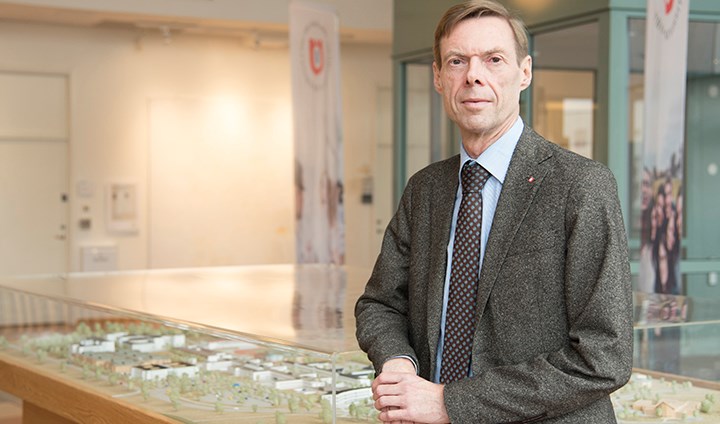SEK 48 million to study plant-based protein

Robert Brummer
A shift from animal to plan-based proteins is necessary if we are to meet the sustainability goals set out in Agenda 2030. There is, however, a knowledge gap to be bridged in terms of why people opt to change their diet – and how doing so affects their health. A new national research centre, coordinated by Örebro University, is set to study the entire chain – from food production to people’s wellbeing – when it comes to proteins of plant origin. For this, the centre has been granted SEK 48 million from Swedish research council Formas.
In what way is the protein affected as produce is processed into a finished product? Why do people opt to eat plant-based protein and what makes it taste nice – both in terms of flavour and texture? And not least, how does the way the protein is digested and absorbed differ between individuals – and what are the health benefits?
“There is a lot we don’t know, and in all of this there are individual aspects to consider,” says Robert Brummer, professor of gastroenterology and clinical nutrition and head of the Food and Health initiative at Örebro University. He is also the coordinator of the new research centre, which connects well with the Food and Health initiative.
“Örebro University welcomes this opportunity to lead an interdisciplinary national initiative within the area of food. It is an acknowledgement of the quality of our research and highlights the university’s readiness to engage with various external partners on important societal challenges,” says Vice-Chancellor Johan Schnürer.
Text and photo: Linda Harradine
Translation: Charlotta Hambre-Knight
